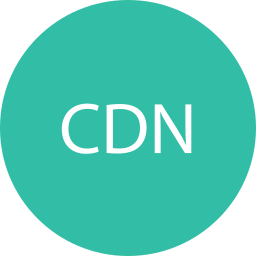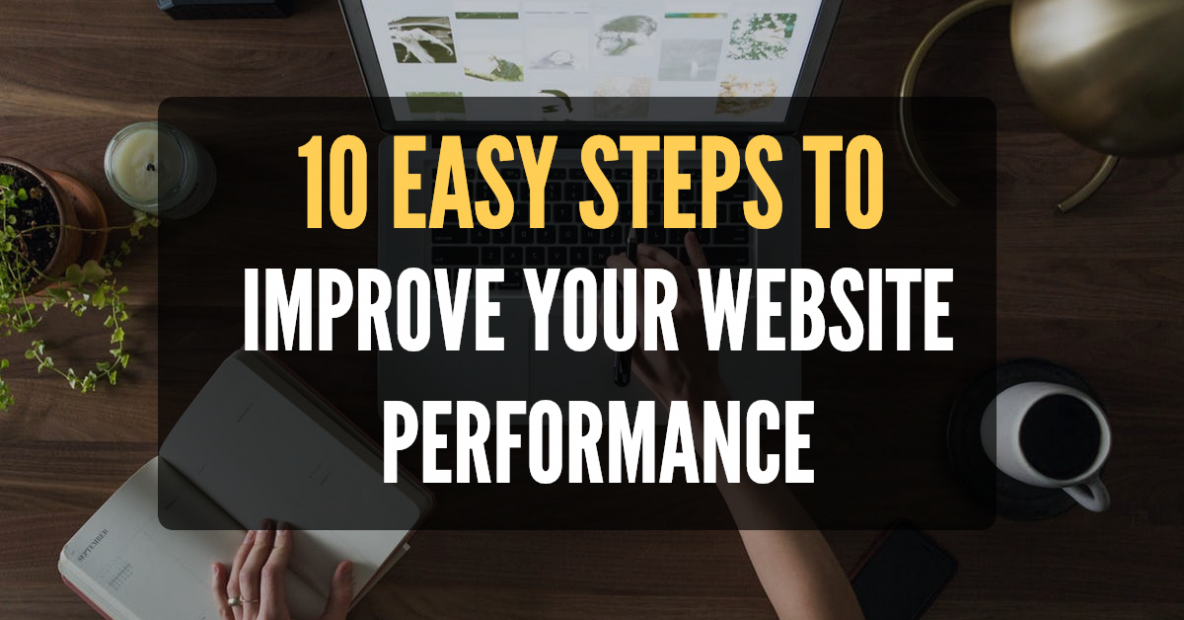Your website performance is one of the most important factors to increase your product sales and revenues because internet users don’t wait for too long to load your website or landing page. Google’s PageSpeed Tool provides a perfect idea about this. As per Google recommendations, if your website loading time is less than 1 second is called perfect, if it is between 1 to 3 seconds is above average, if it is 3 to 7 seconds is average and if it loads more than 7 seconds is called very poor or bad performance for your website.
Contents
1. Compress Images
We know that images for your website or products should be high-quality, but it may happen that the size of the images is too large, sometimes it is in MB. So, you need to reduce the size of images, for that you can use online tools or software to compress the images.
2. Minify Resources
The Resources like HTML, CSS, and JavaScript should be compressed to load your website or landing page faster, remove extra blank space, unusual comment and unwanted lines from HTML, CSS and JavaScript files, and experience the faster website.
3. Enable Compression with Gzip
Compress your website with Gzip compression; Gzip is a method or a technique to compress your website files and saves bandwidth. Gzip compresses your website files into a zip and when the user requests your website to load, Gzip sends the browser a zip file, and the user’s browser unzips the files and loads all the requested files.
4. Enable Browser Caching
Browser caching allows you to store a copy of the website on users’ local hard drive cache or temporary storage when the particular user visits again on your website, the browser can load the page faster.

5. Use CDN
CDN stands for Content Delivery Network, provides geographically distributed servers, which is used to provide faster delivery of the internet content. A CDN allows quick transfer to the HTML pages, JavaScript Files, CSS, Images, videos etc.
6. Enable Keep-Alive
Keep Alive is a message sent between the client system and the web server asking the permission to download files. Keep Alive permits the client system to download multiple files without asking for permissions every time which saves your website bandwidth.
7. Reduce or Remove Redirects
Redirects are useful to help users to land on a related page, but if you have a large number of redirected URLs, it increases the server load time and slows down the website, to reduce or remove the redirects as many as possible.
8. Remove Query strings from static resources
Query String is a string when you are using any plugin or any resources that use the query string after the question mark (?) for example many Resources provide versions at the end of the URL (?ver=). Reduce Query Strings from static resources to load server faster.
It is important for Search Engine Optimization (SEO) & User Experience (UX) to improve the speed performance of your Website. Share on X9. Fix broken links
Broken links are not only allocated more bandwidth, but it is also a chance to lose your website users when they click on the broken link.
10. Reduce plugins
The Use of plugins in CMS website may be harmful to your website. It may cause of slow down the website and increase the loading time. Remove unnecessary plugins from your website.
To deduce it, you can swell up your website performance by using the mentioned points.

